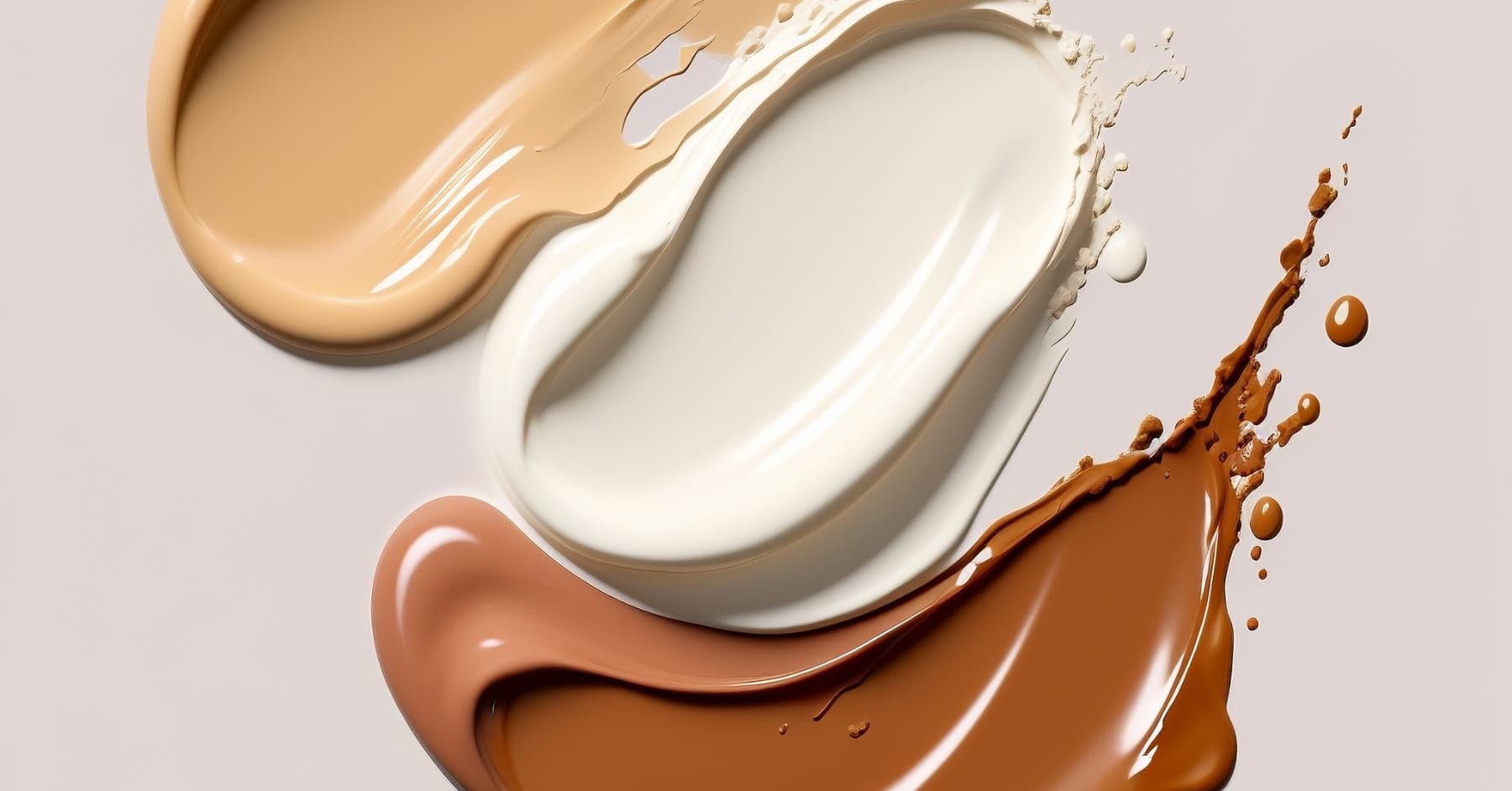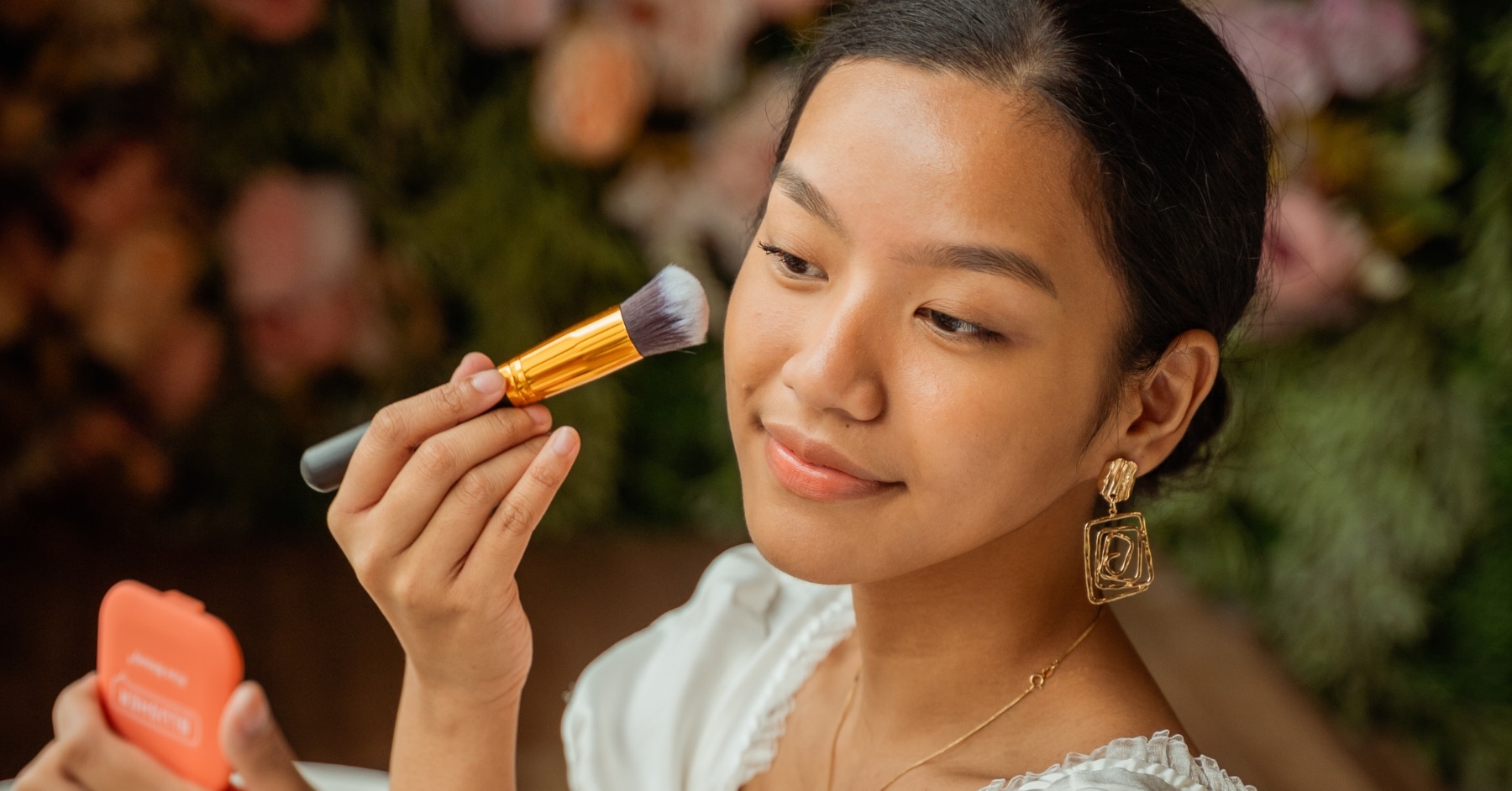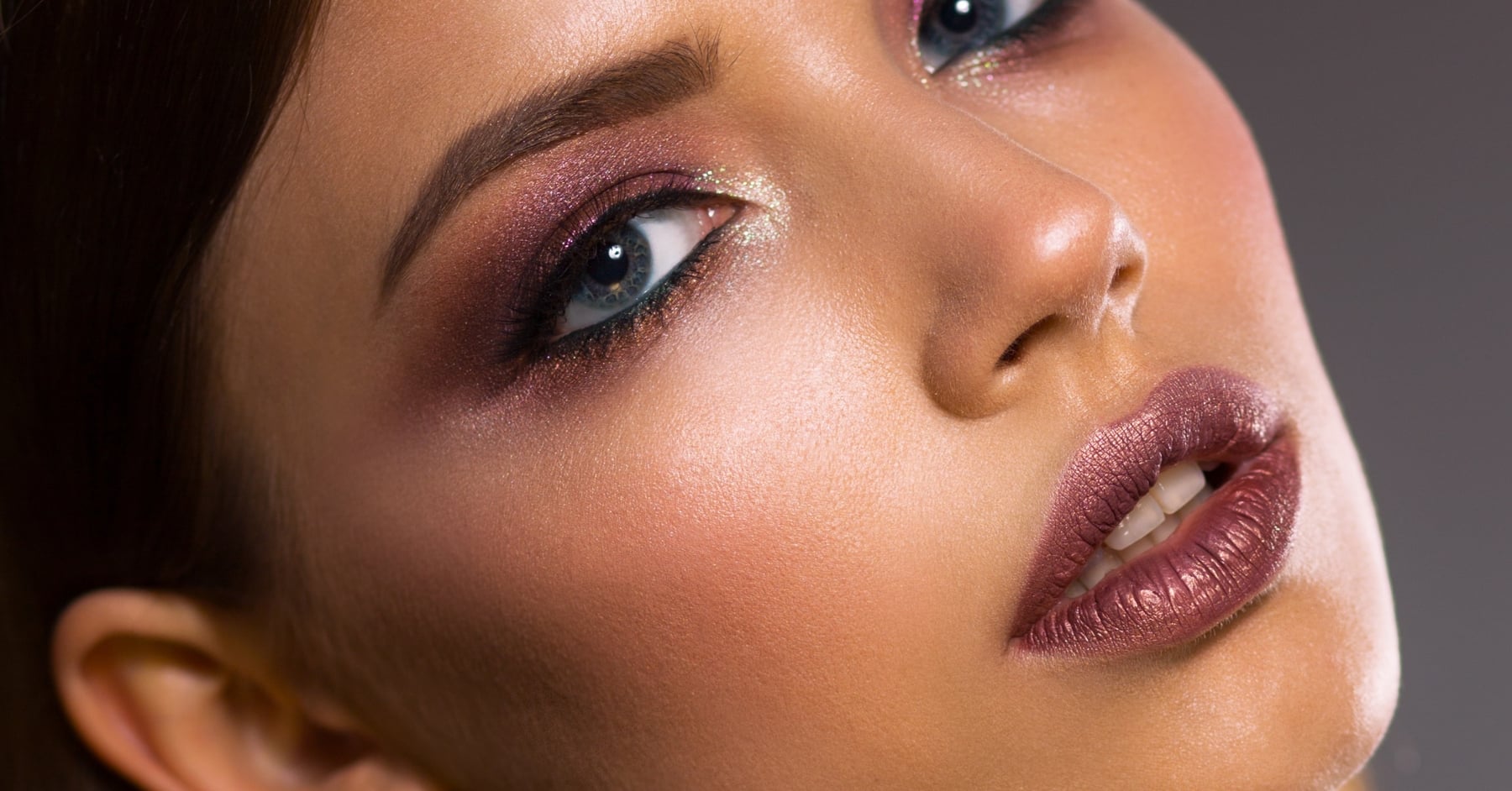Australian Fashion Week (AFW) 2025 has ushered in a transformative new chapter. Now under the leadership of the Australian Fashion Council (AFC), the event has pivoted sharply from its previously public-facing format to a more exclusive, industry-centric experience.
A New Era Under Australian Leadership
For the first time in more than two decades, AFW was not organized by international events group IMG but by the not-for-profit Australian Fashion Council, in collaboration with Destination NSW. This change reflects a nationalistic ambition to bring Australian fashion to the forefront of global markets.
“Our vision is to create an event that not only celebrates our incredible talent but also positions Australian fashion as a global leader, delivering meaningful economic and social benefits,” said AFC CEO Jaana Quaintance-James, in an interview with ABC News.
From Public Spectacle to Private Industry Showcase
Unlike in previous years where members of the public could purchase tickets to runway shows, AFW 2025 was invite-only. The more focused, curated schedule was designed to benefit designers and retailers, but it also drew criticism for reducing accessibility for fans and aspiring creatives.
This change was felt sharply by influencers and small content creators, many of whom voiced frustration. Fashion commentator and influencer Sophia Begg, known online as Sopha Dophaa, called the event a “total s**t show” in a now-viral TikTok video, citing poor organization and limited inclusivity.
Celebrating First Nations Designers
Despite these criticisms, one of AFW’s most praised highlights was its spotlight on Indigenous designers. Denni Francisco of Ngali presented “The Yawa: Journey Collection,” rooted in storytelling and Indigenous culture. The event also included broader representation across models, stylists, and artisans.
This focus was part of a wider industry shift to create space for underrepresented voices, a point emphasized in multiple runway reviews throughout the week.
Sustainability and Global Trade at the Forefront
AFW 2025 wasn’t just about aesthetics; it doubled down on sustainability and commercial viability. The introduction of new trade showrooms allowed designers to meet directly with buyers, journalists, and industry professionals.
Designers such as Bianca Spender and Christian Kimber applauded the format, which prioritized long-term business outcomes over short-term buzz. “The showrooms provided incredible exposure and tangible opportunities for growth,” Spender noted in an interview with The Australian.
The Balancing Act Ahead
As Australian Fashion Week enters this new chapter, the balancing act between industry prestige and public inclusivity remains delicate. While the 2025 event succeeded in elevating Australian fashion on a global stage, its increased exclusivity sparked a broader conversation about who gets to participate in the cultural dialogue of fashion.
If the AFC hopes to maintain both industry relevance and cultural momentum, future iterations of AFW may need to reintroduce some public-facing elements to foster broader community engagement.




